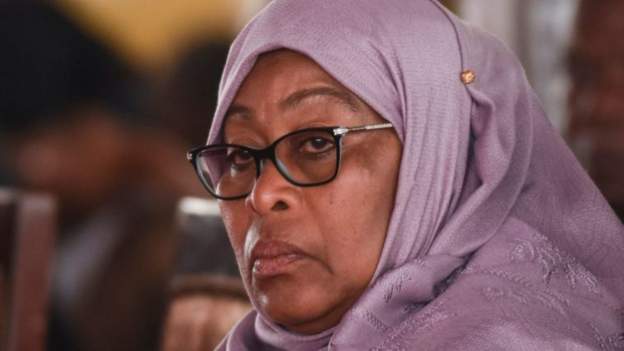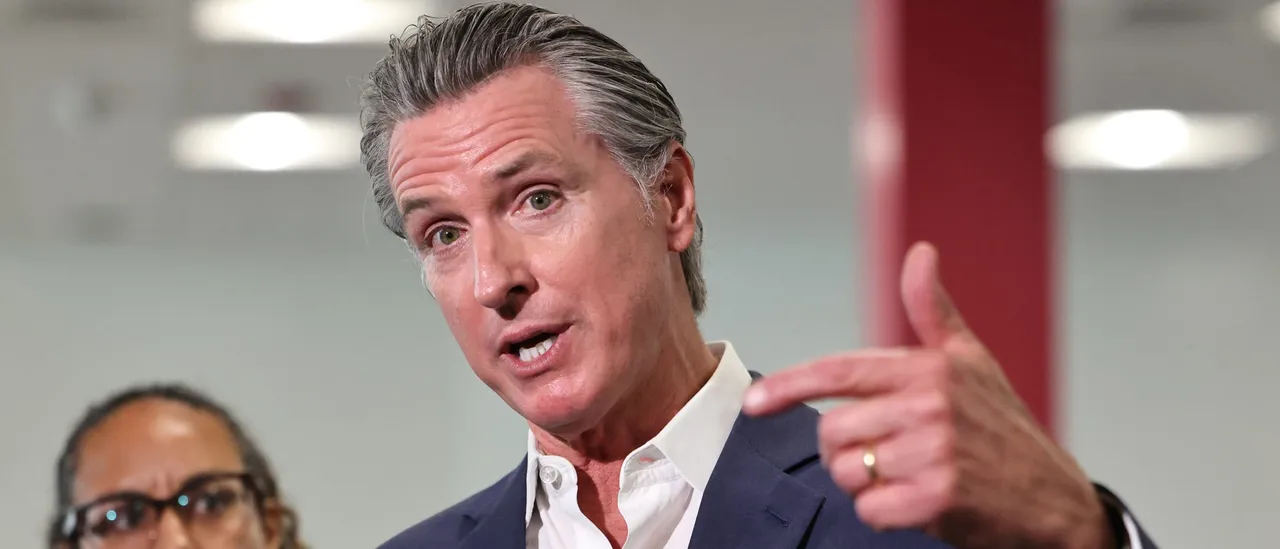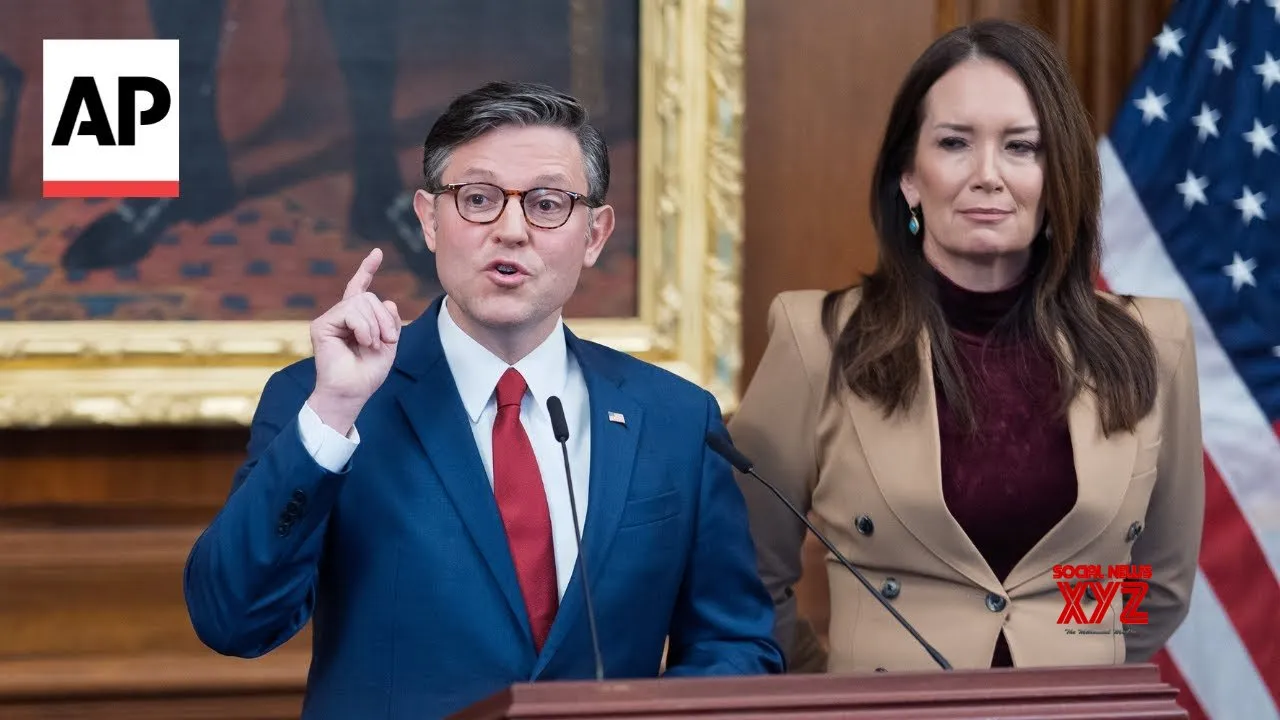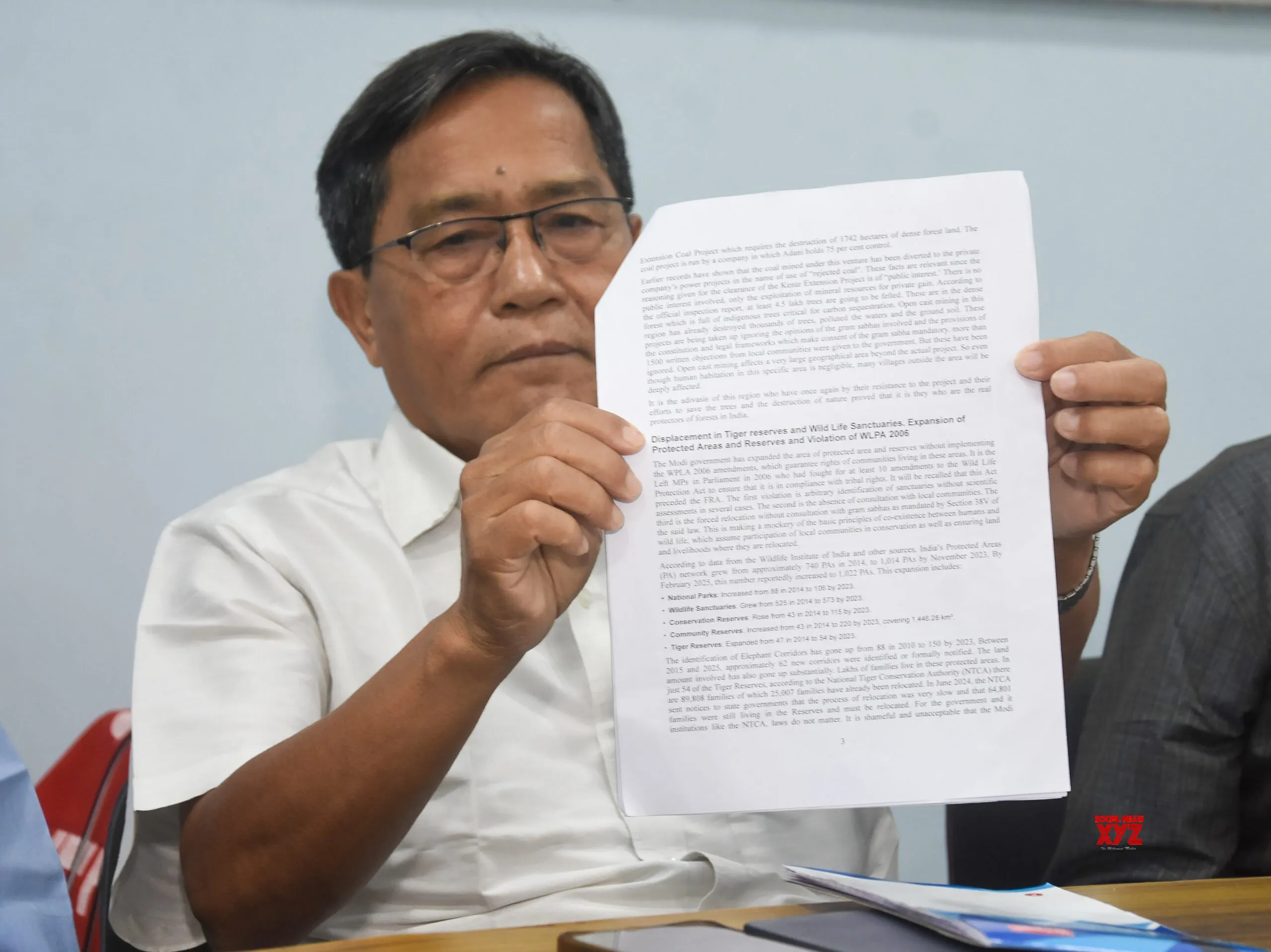Copyright eyeradio

President Samia Suluhu Hassan rose to power in March 2021 (AFP). President Samia Suluhu Hassan has been declared the winner of Tanzania’s presidential election, securing another term in office with 98% of the vote, according to the electoral commission. The announcement comes amid days of unrest and protests across the country. Electoral chief Jacobs Mwambegele announced the results on Saturday morning, saying, “I hereby announce Samia Suluhu Hassan as the winner of the presidential election under the Chama Cha Mapinduzi (CCM) party.” Nearly 32 million ballots were cast in Wednesday’s election. The vote has drawn international concern over transparency, with reports of widespread turmoil that may have left hundreds dead or injured. A nationwide internet shutdown has complicated verification of casualties, while the government has extended curfews in an effort to restore order. Protests have erupted in major cities, including Dar es Salaam, where demonstrators tore down posters and clashed with police. Many protesters, largely young people, allege the election was unfair and accuse the government of sidelining opposition leaders—one in jail and another barred on technical grounds. In Zanzibar, the semi-autonomous archipelago that elects its own president, CCM’s Hussein Mwinyi secured nearly 80% of the vote, though the opposition has claimed “massive fraud,” according to AP. Foreign Minister Mahmoud Kombo Thabit described the unrest as “a few isolated pockets of incidents here and there” and defended security forces for responding “swiftly and decisively.” Opposition sources, however, estimate that hundreds of people have been killed in clashes with authorities. Samia, Tanzania’s first female president, assumed office in 2021 following the death of President John Magufuli. Her ruling party, CCM, has dominated national politics since independence and has never lost a presidential election. Ahead of the vote, human rights groups raised alarms over government repression, citing enforced disappearances, torture, and extrajudicial killings of opposition figures. The government denied these claims, insisting that the election would be free and fair.



